Recently governments in various parts of the world, such as China or India, have resorted to massive disruption of some telecommunications systems, mainly mobile telephony and the Internet to reduce the level of organization of social demonstrations, stop the flow of misinformation, among other reasons, assure specialists in ethical hacking. Because these are massive cuts, these measures also affect citizens not related to social movements, as well as small and medium-sized businesses.
Fortunately there are several alternatives to use in the event of a massive disruption to mobile networks, so it is enough to know some of these options so that no one remains incommunicado when governments, either for security reasons or for purposes decision to cut off communication services. Below are some messaging apps that don’t require Internet connection.
Bridgefy
Bridgefy is a messaging app that allows you to chat even without an Internet connection. Using the smartphone Bluetooth, users of this app can send messages to others within a radius of up to 100 meters. In addition, Bridgefy broadcast mode will allows you to send messages to all users of the app around you at the same time, regardless of whether a user is not in the broadcaster’s contact list.
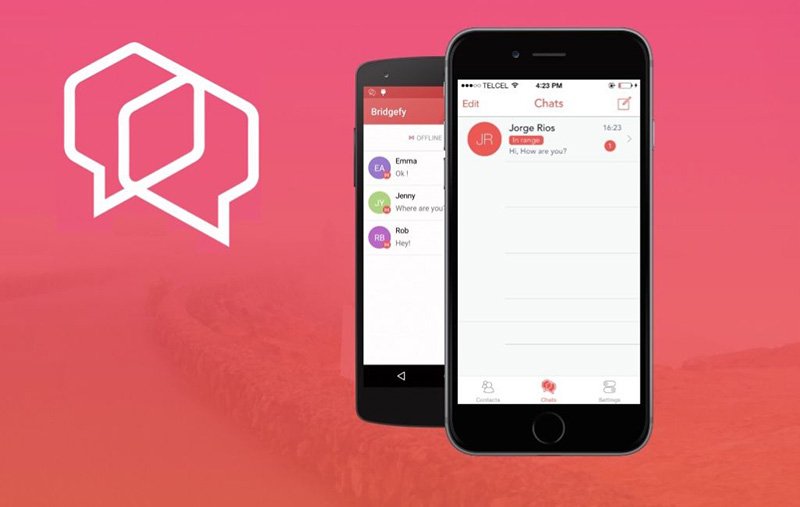
FireChat
Developed by Open Garden, this is an app that connects devices via Bluetooth, WiFi, among other protocols through peer-to-peer connections. FireChat is ideal for use in crowded spaces such as public transportation, demonstrations and university campuses.
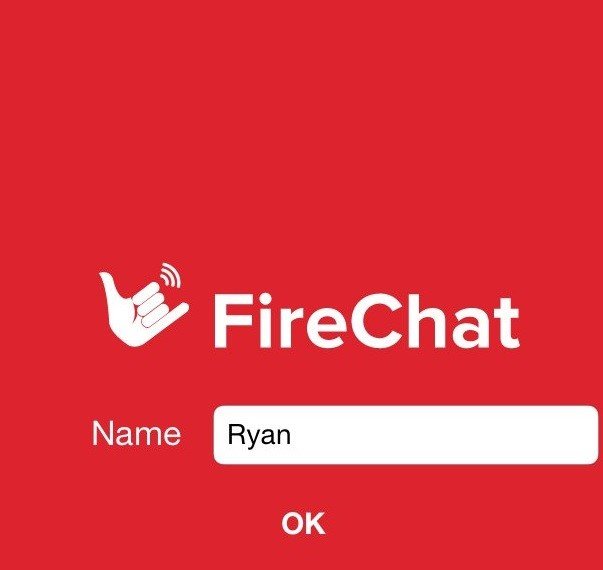
Briar
Available only to Android users, this is the ideal tool for activists and journalists. If users of this app have an Internet connection, it is possible to synchronize using the Tor network; on the other hand, in case of massive interruption of Internet services, Briar connects users via WiFi or Bluetooth. Ethical hacking specialists ensure Briar maintains a constant flow of information in emergencies, so its use is widely recommended.

Near Peer
It is an offline chat app available only for Android. It allows its users to chat with their closest contacts, and even with other users. Although its use requires WiFi activation of both devices, it does not depend on the connection to any network.
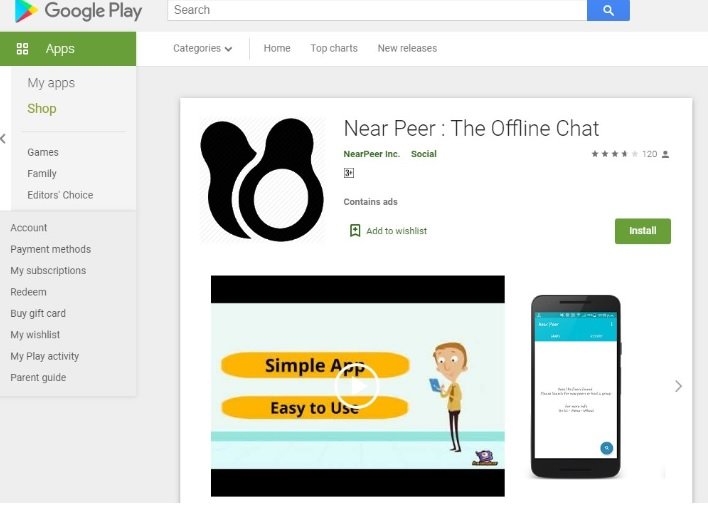
Serval Mersh
It is a service for sending text messages and even files of various types without using an Internet connection. It can also be used in the absence of cellular antennas, SIM cards or any access point to a network. This app is only available on the official site.
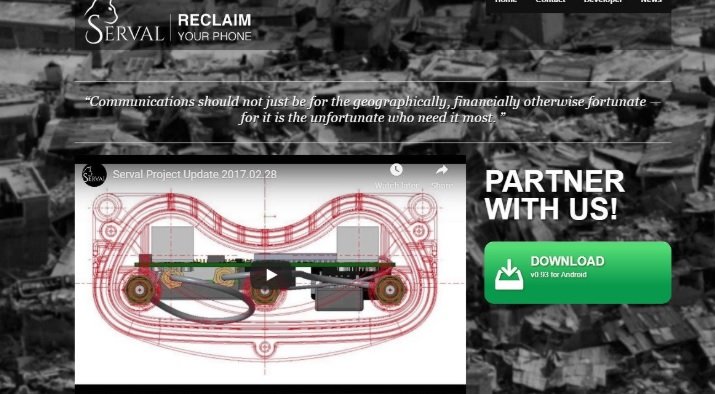
User privacy in these cases is also vital, so a list of the best fully anonymous messaging apps is included. These services do require an Internet connection, mention the experts in ethical hacking
Threema
This app has encryption in all its phases to achieve total anonymity, besides that it does not require entering an email address to access. This app also includes a function to synchronize messages from several devices at once, including the browser version.
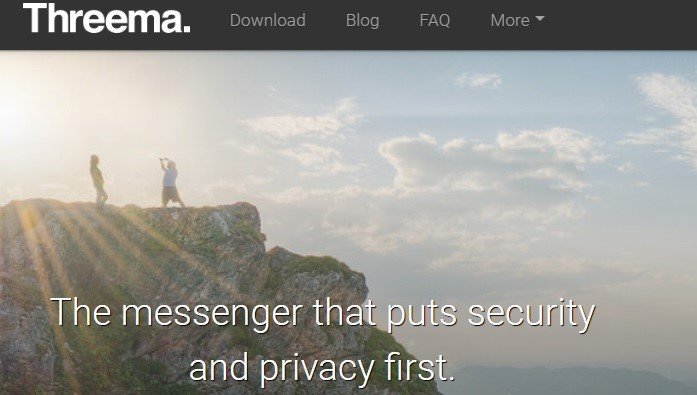
Wickr Me
This app offers encryption for text, voice and video messages. It has the expiration time function, which allows the self-destruction of messages after a certain time. It does not require a phone number or email address to register, so it is a good choice in terms of user anonymity.
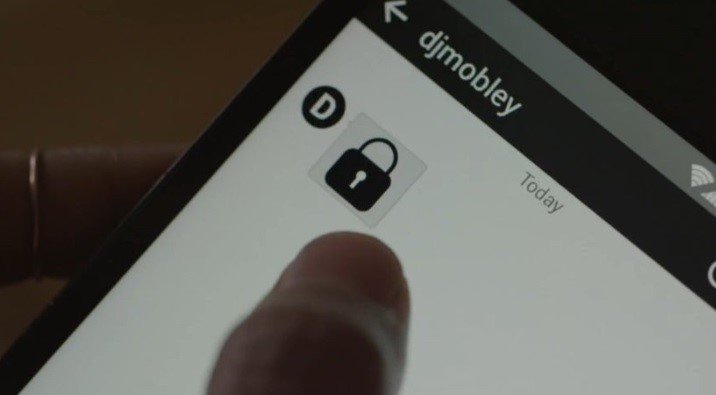
Signal
It is considered one of the most secure messaging and calling platforms. The uniqueness of this open source application is that the content is not stored on the company’s server, so they cannot be intercepted, plus the information also self-destructs after a while, even alerts the user when someone takes a screenshot in the app.

We could be in the lead of a complex era for political activists, journalists and their relationship to the exercise of power by some authoritarian governments, so, according to ethical hacking specialists from the International Institute of Cyber Security (IICS), it is important to have alternatives to the use of the most popular communication services to have backup plans in case of emergency.

He is a well-known expert in mobile security and malware analysis. He studied Computer Science at NYU and started working as a cyber security analyst in 2003. He is actively working as an anti-malware expert. He also worked for security companies like Kaspersky Lab. His everyday job includes researching about new malware and cyber security incidents. Also he has deep level of knowledge in mobile security and mobile vulnerabilities.











